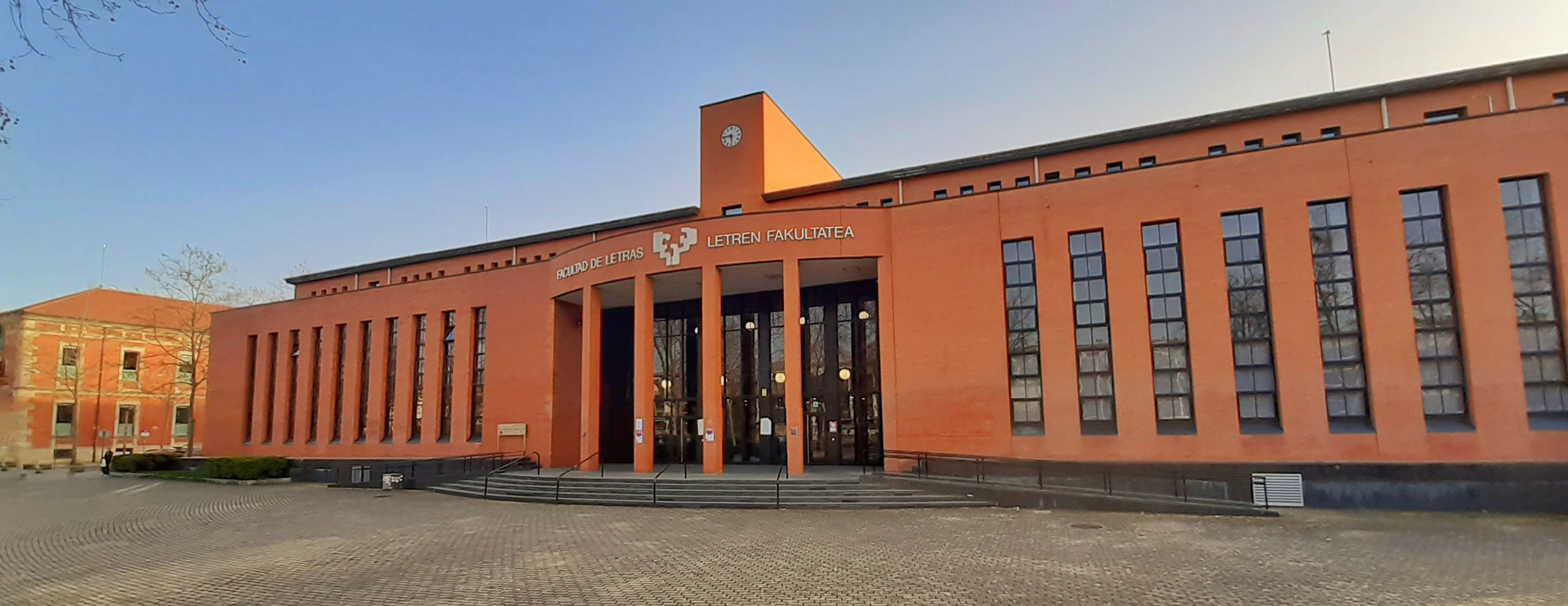Assistantships at the University of the Basque Country
Assistantships at the University of the Basque Country came into being from partnership agreements between different entities with a view to disseminating the language and culture of a particular country. These agreements entail the contracting on the part of the University of the Basque Country of assistants (individuals holding a university qualification whose mother tongue is that defined in the relevant agreements).
ACTIVITIES
Assistantships enable the following activities to be developed:
- Regulated classes in language and literature (of the assistant's mother tongue): These classes given by the assistant are carried out during the school year, and the results form part of the curriculum being followed by the student. In most cases, the classes given by the assistant form part of more broad-ranging blocks of study of the language, its literature and translation.
- Cultural activities for the study and dissemination of the language and culture of relevant agreement (conferences on translation, literature, history and film, etc., and publications of documents, etc.): These activities are open to the entire university community.
- Summer courses in the language covered by the agreement: via competition based on qualifications, the best students are selected from among those who have studied language subjects. This activity allows a "linguistic immersion" of the student.
RESULTS
Assistantships benefit the training of all students from the Faculty of Arts (approximately 1,600 students), and their activities are open to the entire university community of the University of the Basque Country.
The results obtained thanks to the assistantship programme are as follows:
- Students attain a good level of language, which enables them to read texts in the language they have worked on and to gain good communicative competence These two results are essential in order to maintain a successful mobility programme (ERASMUS programme). Student mobility enables them to study specific subjects at universities that specialize in those subjects.
- The language training of students of philology and translation and interpreting enables future trained professionals to be assured in order to provide language services (translations, interpreting, language teaching to company management, etc) to the companies from our milieu.
- The migratory trends taking place in the world at the present time have meant that our society has become a multicultural one in which people with very different mother languages coexist: Arabic, Chinese, Portuguese and Russian, etc. Multicultural existence is based on fluent communication between citizens. Nowadays we require that welfare (medical centres, social care) and official services (civil registry offices, town councils, etc.) have qualified interpreters.
MAP OF ASSISTANTSHIPS
The University of the Basque Country and the entities with which it maintains agreements currently has the following assistantships:
- French assistantship (Commisariat Général aux Relations Internacionales de la Communauté française de Belgique)
- German assistantship (Deutsche Eliteakademie, DEA)
- Italian assistantship (Italian Institute of Culture and University of Naples)
- Greek assistantship (State Bureau of Education, Greek Government)
- Polish assistantship (University of Postdam; Provincial Council of Vizcaya)
- Russian assistantship (University of Moscow)
- Turkish assistantship (Provincial Council of Vizcaya)
- Galician assistantship (Xunta de Galicia)
- Catalan assistantship (Autonomous University of Barcelona)
- Irish assistantship (National University of Ireland, Maynooth)
- Arabic assistantship (University of Cairo)
- Japanese assistantship (University of Kyoto)


